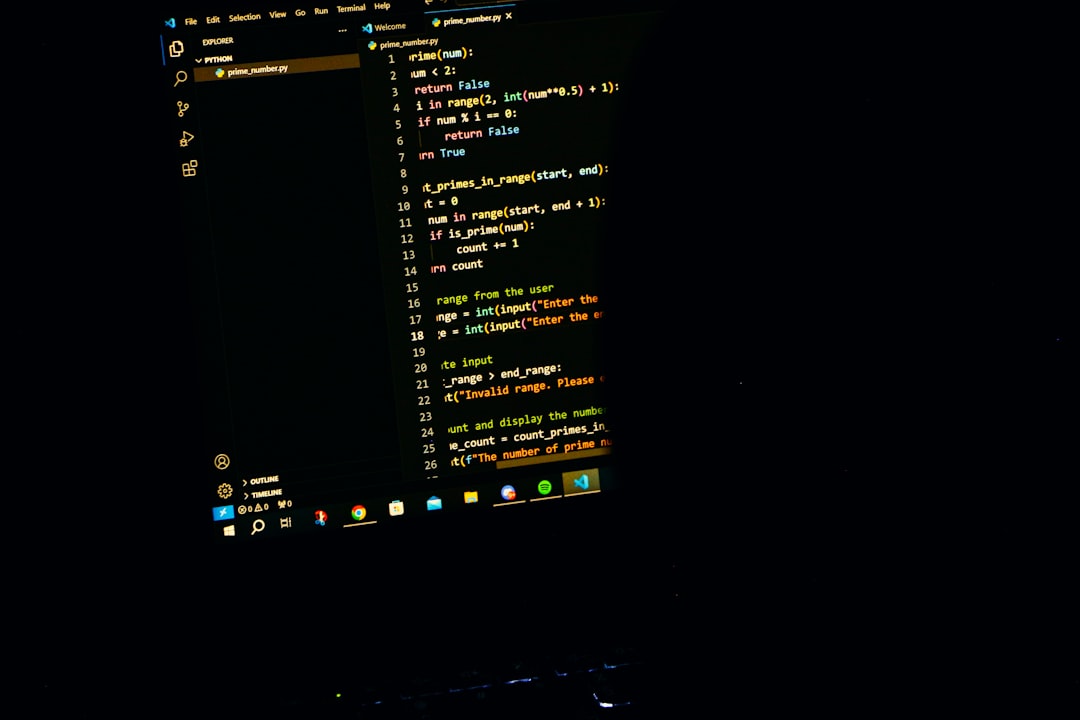In recent years, artificial intelligence has become an integral part of our digital lives, and among the most notable tools in this space is ChatGPT, a conversational AI developed by OpenAI. However, not everyone uses the original version. Many individuals and organizations seek alternatives—sometimes referred to as “off-brand” versions of ChatGPT—that provide similar functionality without relying directly on OpenAI’s models. But what exactly are these off-brand versions, and how do they compare to the original?
Off-brand versions of ChatGPT refer to any chatbot or conversational language model developed outside of OpenAI’s ecosystem but designed to mimic the capabilities of ChatGPT. These alternatives are built by independent developers, companies, or open-source communities who have trained their own models using public datasets or repurposed models from foundations like Meta, Google, or Anthropic.
Why Use an Off-Brand Version?
There are several reasons why someone might opt for an off-brand ChatGPT alternative:
- Cost and accessibility: Some open-source alternatives are completely free to use or host locally, which makes them attractive to those with limited budgets.
- Privacy and data control: Self-hosted solutions offer greater privacy, as no data is sent to external servers.
- Customization: Developers may want to tweak the behavior or personality of the chatbot, something more easily done in open-source versions.

Popular Off-Brand Alternatives
Here are some of the most credible and widely-used off-brand versions of ChatGPT that have gained popularity:
1. LLaMA (Large Language Model Meta AI)
Developed by Meta, the LLaMA models are high-performance alternatives that have been trained using open datasets. LLaMA versions 2 and 3 are particularly notable for their robust capabilities, making them suitable substitutions for ChatGPT in various environments.
2. Mistral
Mistral is a newer open-source model that emphasizes both quality and compactness. It’s been designed to run efficiently on smaller devices like laptops, while still offering competitive performance. It is popular among developers seeking fast and light alternatives.
3. Anthropic’s Claude
Although not open-source, Claude is considered a solid alternative to ChatGPT. Developed with safety and usability in mind, it offers lengthy context support and competitive language understanding.
4. Open-Source GPT Clones
Projects like GPT-J, GPT-NeoX, and GPT4All aim to replicate the architecture and performance of GPT-based systems. These models are available for downloading and self-hosting, offering transparency, and customization capabilities.

Limitations to Consider
While these off-brand versions are useful alternatives, they come with caveats:
- Performance Discrepancies: Few alternatives match the nuanced understanding and broad general knowledge of OpenAI’s GPT-4.
- Resource Requirements: Hosting your own model requires significant computing power, especially when dealing with large-scale LLMs.
- Support and Maintenance: Open-source models often lack the enterprise-level support that a platform like ChatGPT provides.
Are Off-Brand Models Safe?
Safety and ethical use are paramount when dealing with AI. Off-brand models may not undergo the same rigorous alignment testing or safety filtering, which can result in unpredictable or harmful outputs if not properly managed. It’s essential for users and developers to implement safety measures, such as:
- Using content moderation tools
- Applying usage constraints and filters
- Regularly updating models and datasets
Final Thoughts
The rise of off-brand versions of ChatGPT reflects a growing demand for openness, customizability, and privacy in the realm of conversational AI. While they may not always match the polish or breadth of OpenAI’s models, these alternatives are sufficiently powerful for many applications, particularly where customization and control are priorities. As the AI field matures, these open and alternative models will continue to play an essential role in democratizing access to cutting-edge technologies.
